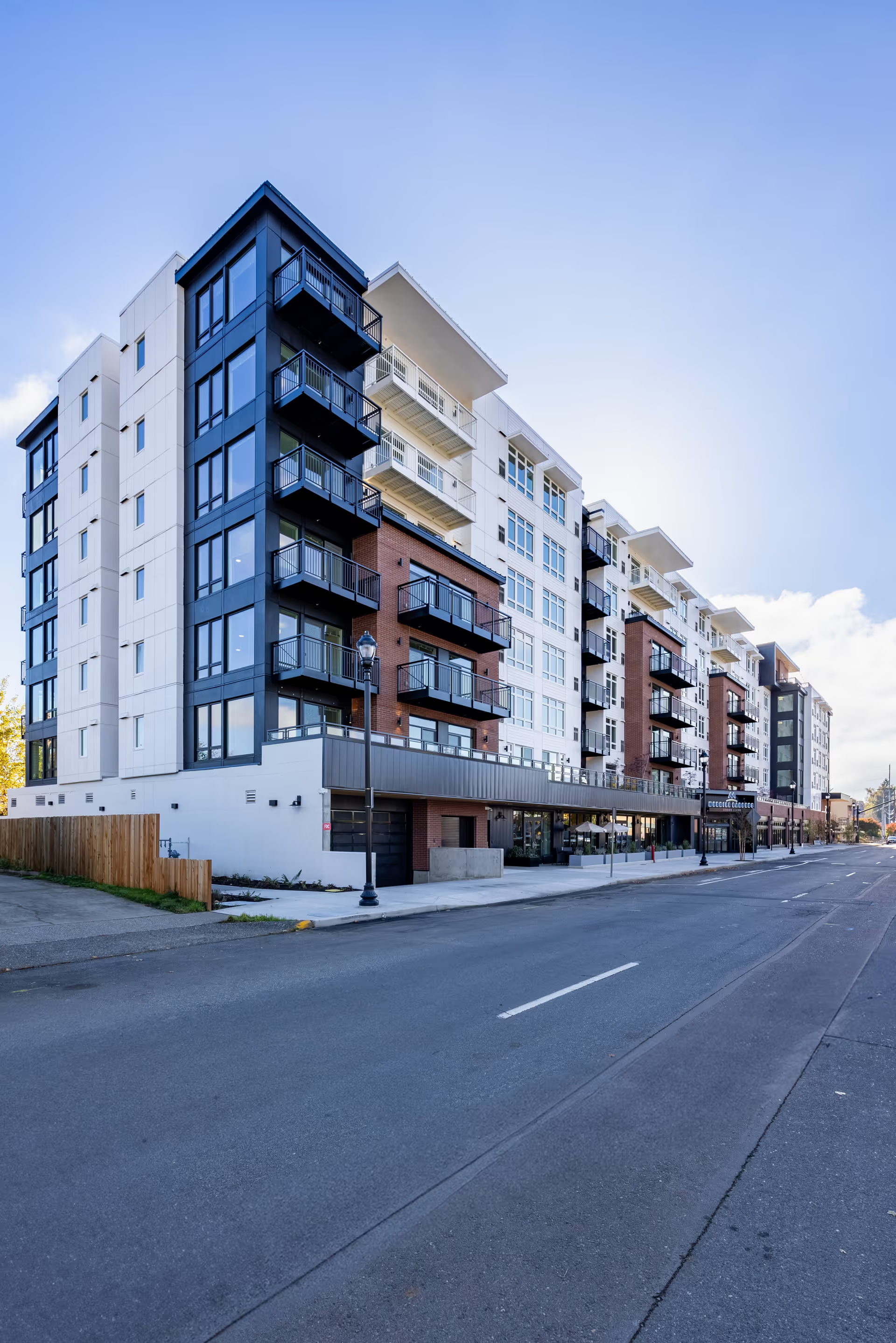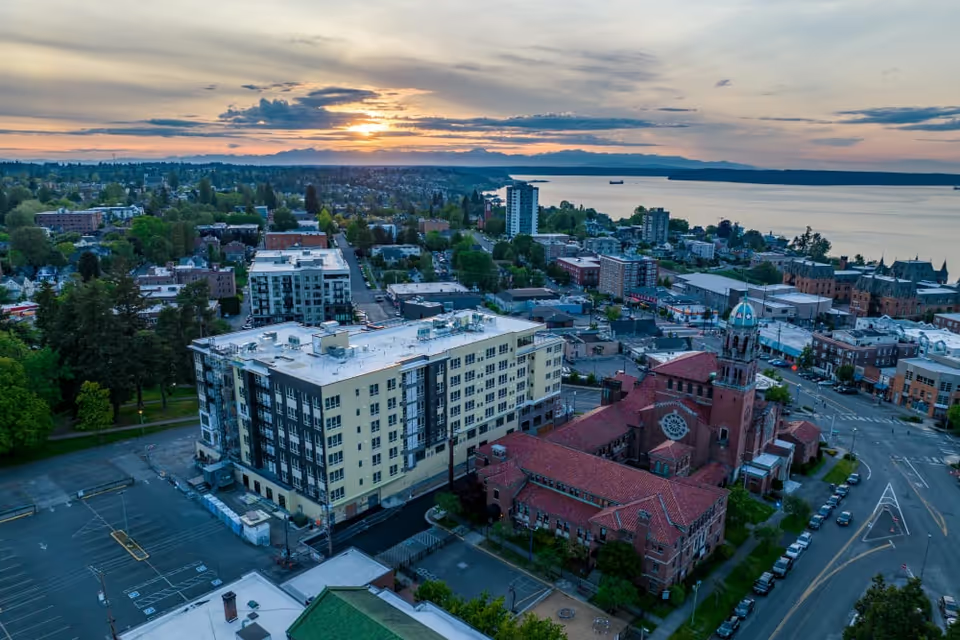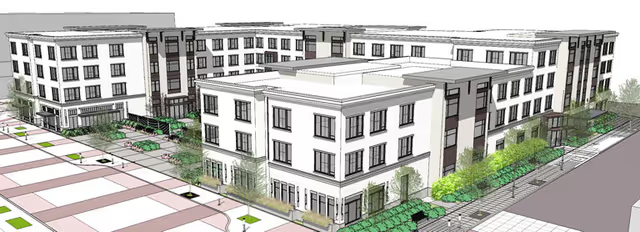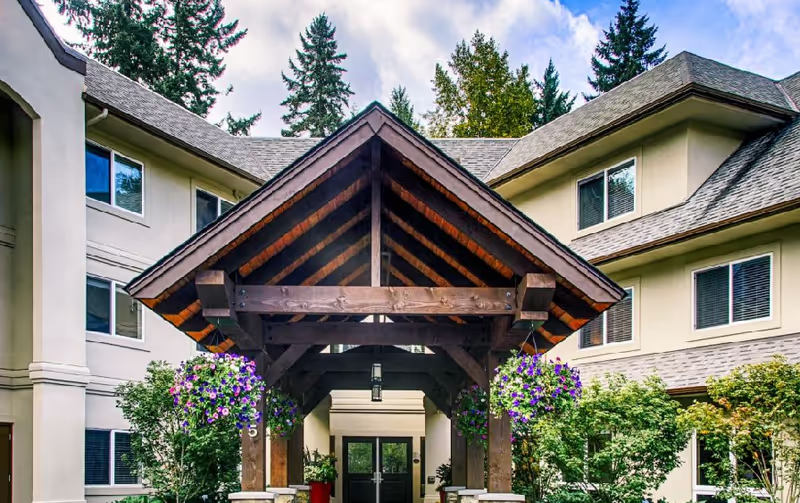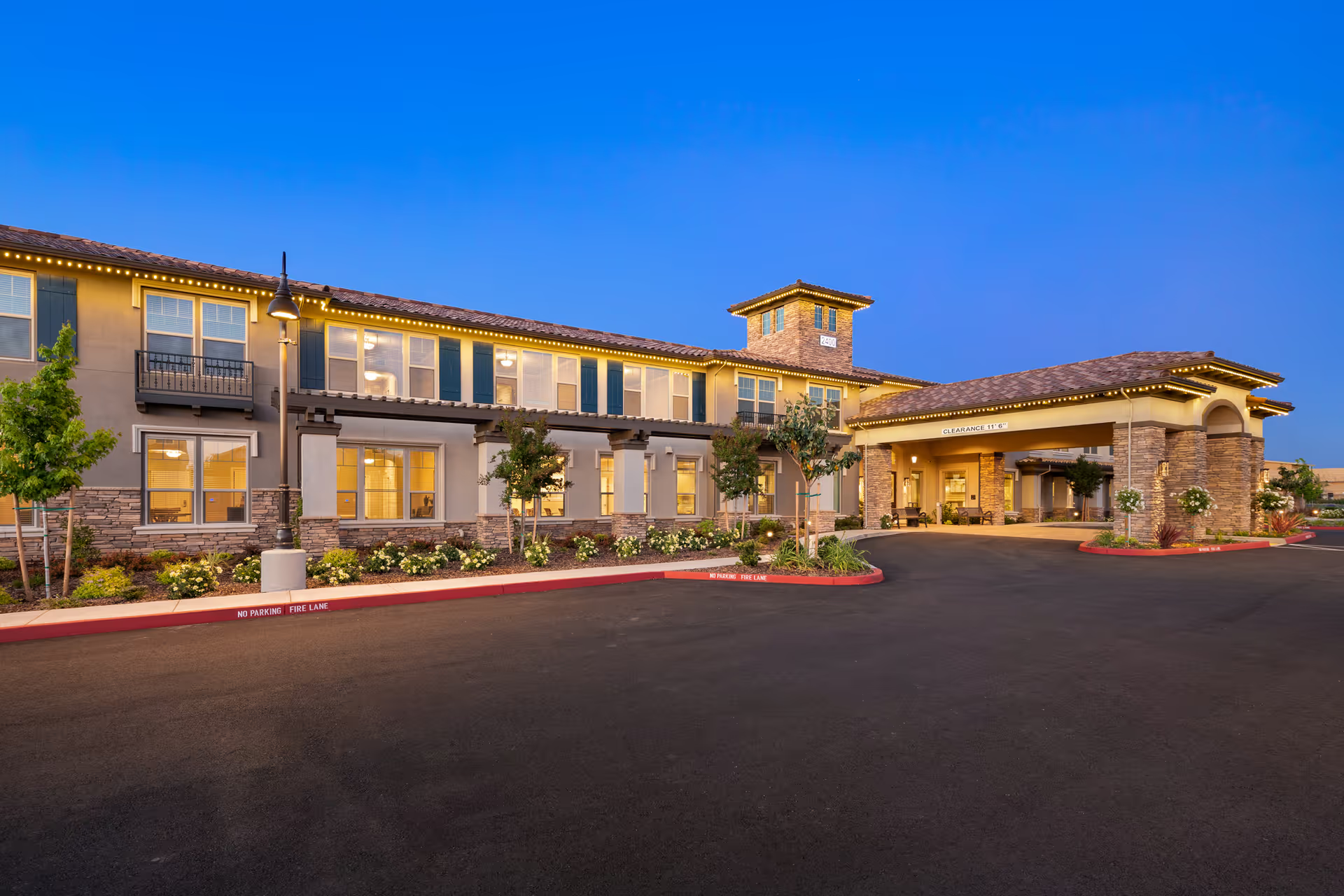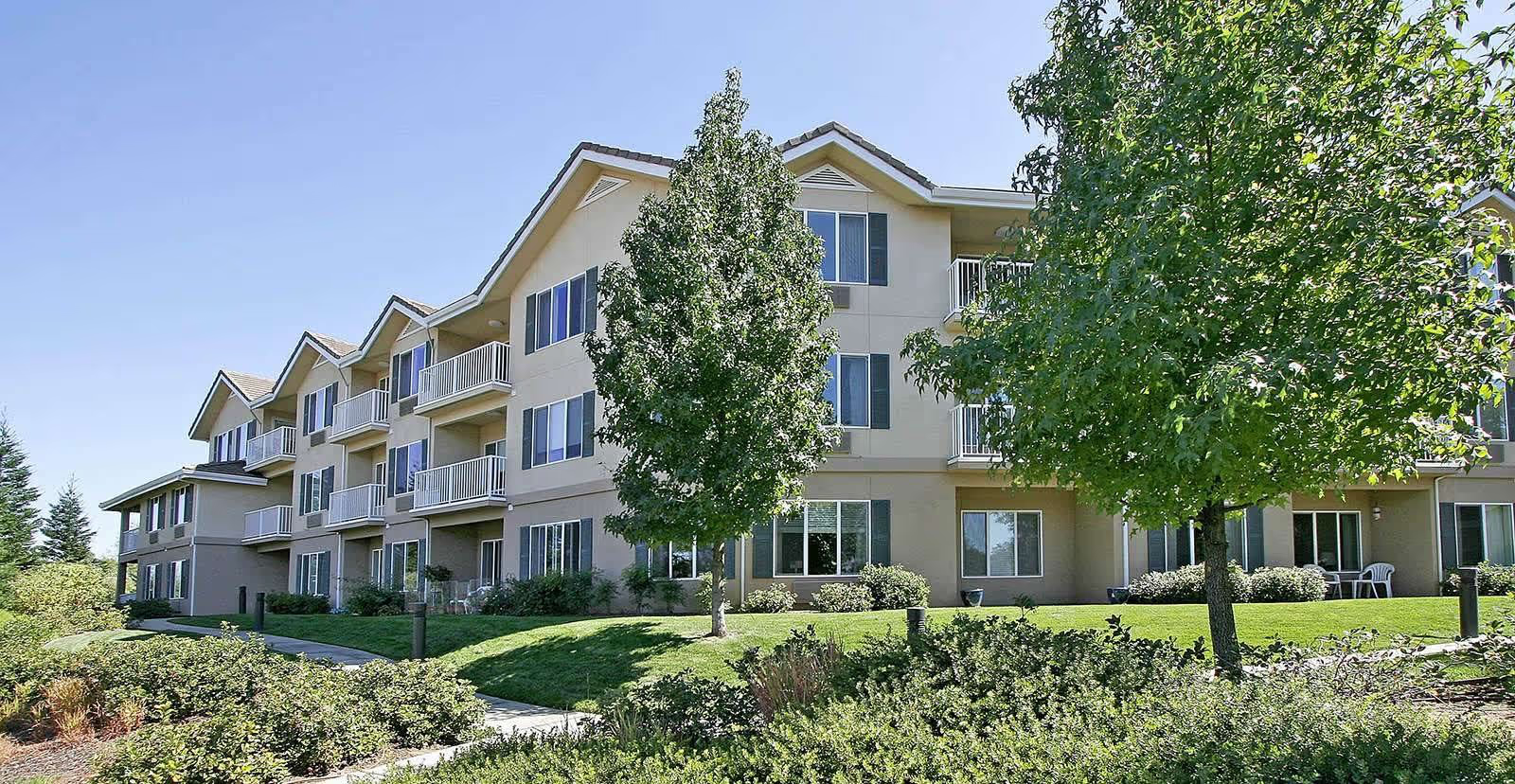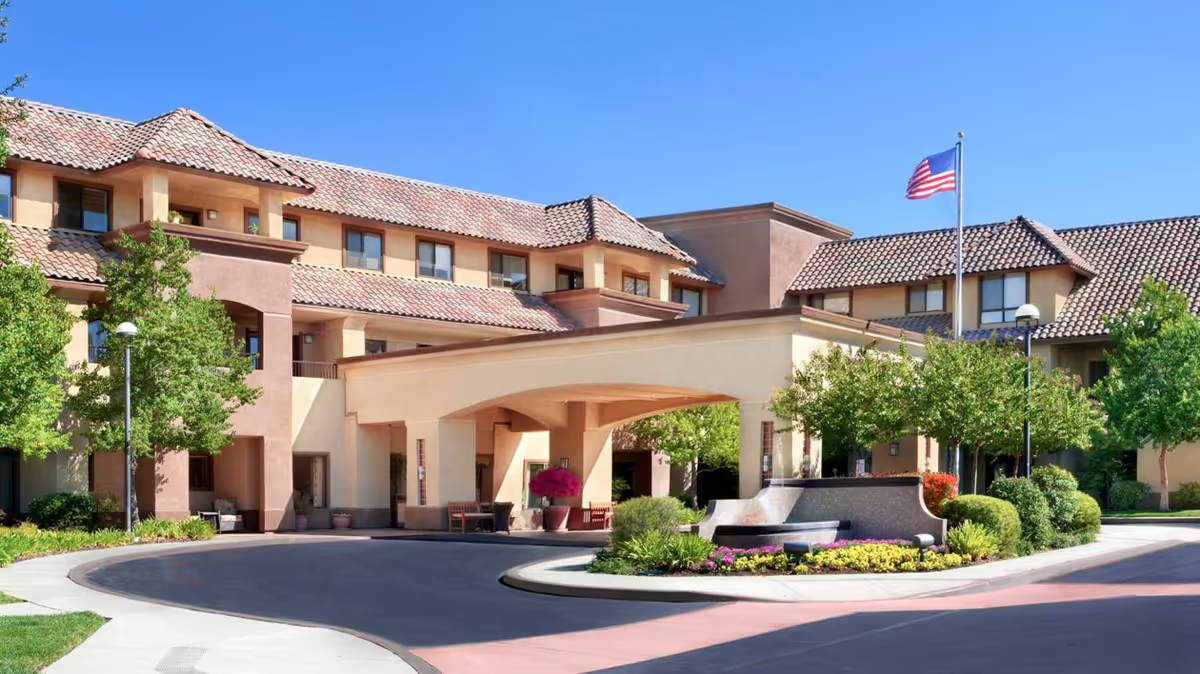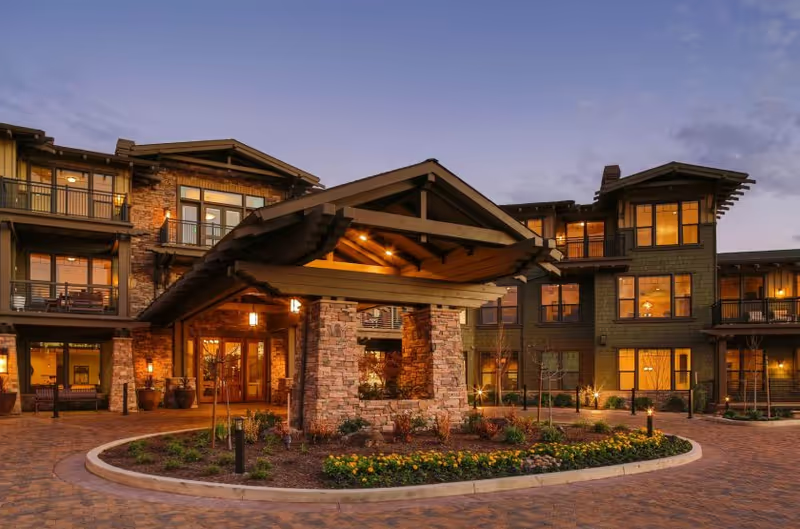The reviews present a sharply mixed but consistent portrait of Senior Estates Golf and Country Club: on one hand a beloved retirement community with active social life, good home-style dining, friendly residents, and appealing golf-course living; on the other hand significant governance, financial, and facilities maintenance concerns that repeatedly undermine resident confidence.
Community, lifestyle, and activities are recurring strengths. Many reviewers praise the social environment — choir, exercise classes, bingo, woodworking, puzzles, pool tables, and other group activities create an engaged, active culture. Residents frequently describe the community as safe, quiet, and welcoming, with friendly neighbors and a strong small-town atmosphere. The golf course, manicured greens, fairway views, and clubhouse dining are often mentioned as major lifestyle draws. The location is also attractive to many: easy access to I-5, close to shopping and restaurants, and within reasonable drives to Portland, Salem, the coast, and Mt. Hood. For many long-term residents the development offers an affordable retirement option, single-story homes, RV storage, dog park, and a variety of amenities that support an active 55+ lifestyle.
Dining and service receive mostly positive comments. The on-site restaurant is frequently lauded for home-style meals, nightly specials, large portions, and friendly servers. Several reviewers call the restaurant a hidden gem with great comfort food — prime rib, ribs, clam chowder, and breakfast favorites earn praise. That said, dining is not uniform: there are isolated reports of cold food, shortages on busy weekends, and an occasional poor experience. Overall, service staff are described as friendly and quick to help, and the restaurant is valued both by residents and by the public who visit for dining and views of the course.
However, the strongest and most consistent negative theme concerns governance, finances, and facility upkeep. Multiple reviewers allege lack of financial transparency from the HOA and board, with specific claims that funds have 'disappeared' or been misused. Reports include a special assessment reportedly tied to a PPP loan, legal action by ex-employees, and accusations of perceived corruption and disciplinary behavior by directors. These allegations are amplified by complaints of bullying and intimidation by board/management and by reports that management can be punitive in enforcing rules. There are also concrete-feeling grievances about fees: mentions of high HOA dues and planned increases sit alongside a few comments that HOA fees are low (under $600/year), indicating inconsistent messaging or variation over time or among residents. One stated contractual cost detail is a 1.5% nonrefundable initiation fee, which prospective buyers should note.
Facility condition and amenity availability is a major concern. Several reviews state that amenities are outdated or largely unusable: the gym is described as having donated equipment and no trainers, the spa has been unavailable for three years, and the pool has been mostly closed. Multiple comments claim a lack of repairs or updates despite dues increases, which contributes to resident frustration when fees go up but facilities decline or remain offline. Communication problems compound these issues: a cited example is an unresponsive property manager who 'is never in his office' and can take months to reply to emails, forcing residents to call daily for answers. This poor responsiveness feeds perceptions of mismanagement.
Resident sentiment thus splits into two clear clusters. One cluster consists of residents who 'absolutely love' living at the Estates: they emphasize camaraderie, safety, cleanliness, enjoyable meals, active programming, and the overall value of the lifestyle. The other cluster — often vocal — focuses on governance problems, alleged financial mismanagement, inadequate facility maintenance, and unfriendly board or management interactions. Both clusters agree on some core facts (good location, golf-course setting, active programs, and a functioning restaurant), but they diverge sharply on trust in leadership and the operational state of amenities.
For prospective residents or family members considering Senior Estates, the reviews suggest several practical steps: directly verify current HOA dues and any planned increases, request and review recent financial statements and minutes from board meetings to assess transparency, ask specifically about the operational status and reopening timelines for key amenities (pool, spa, gym equipment and staffing), and attend a board meeting or speak with multiple current residents about governance and enforcement culture. Also ask about any recent or ongoing lawsuits or special assessments (some reviews reference a PPP-related assessment) and confirm initiation fees or other upfront costs. Finally, visit the restaurant and join an activity to evaluate day-to-day community life — many reviewers emphasize that the dining, social activities, and golf course are very good parts of living there.
In summary, Senior Estates Golf and Country Club offers a desirable retirement lifestyle for many residents — active programming, friendly neighbors, good food, and attractive golf-course living. Yet repeated and specific complaints about financial opacity, alleged misuse of funds, leadership behavior, poor communication, and lapses in amenity upkeep are significant red flags. The community shows strong social and amenity potential, but prospective residents should do detailed due diligence on governance, finances, and current facility operation before making a decision.
